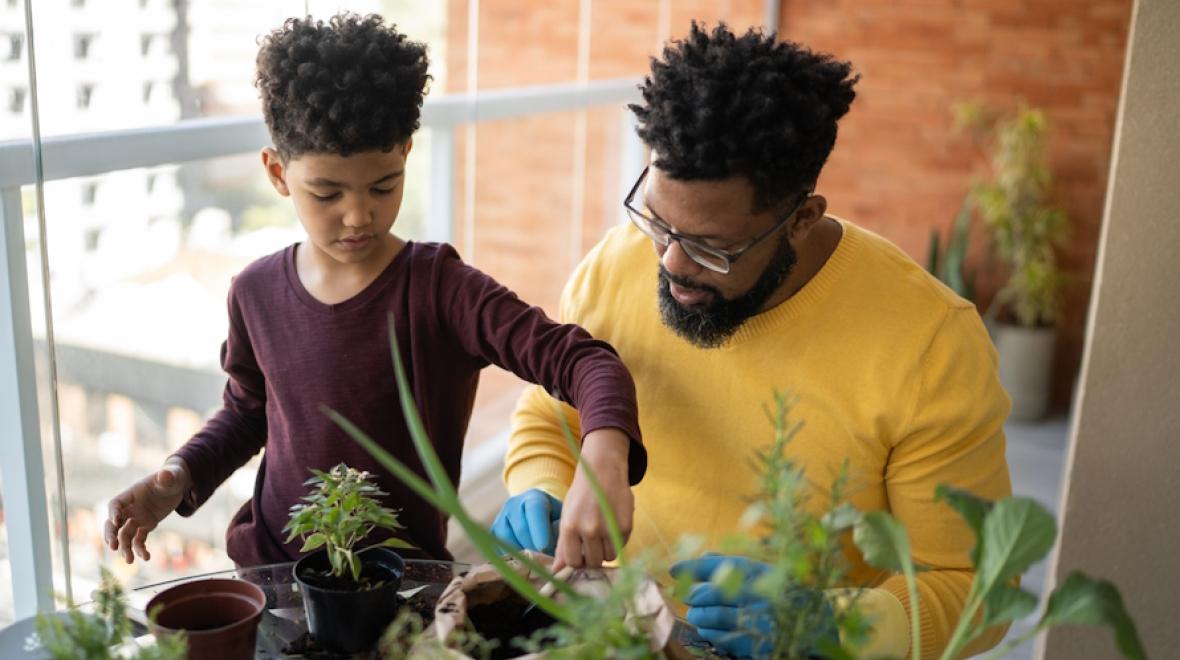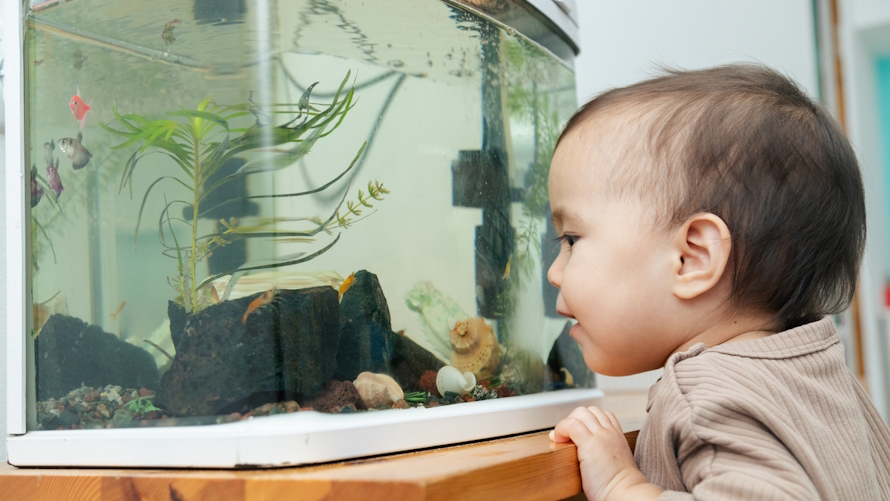
It has been scientifically proven that people who spend a lot of time outdoors are happier, healthier, less stressed and suffer from fewer psychological problems than those who do not.
Studies that have analyzed the impact of nature on children specifically have found similar results: The more time children spend connecting with nature, the better their overall social, academic and psychological outcomes. And time spent in nature has an impact even in later years; children who spent a lot of time in green spaces when they are young have a better sense of well-being than those who did not.
How nature affects your child
You’ve probably heard about the healing powers of nature. Well, those healing powers have been scientifically validated.
A group of researchers interested in understanding how exposure to natural settings influences behavior studied more than 2,500 children between the ages of 7 and 10. They compared the children’s exposure to green spaces at home, at school and on their commute to school. The researchers found that the children who were surrounded by greener neighborhoods had better self-control, a better working memory and less inattentiveness than those who were not.
In a different study, a group of Australian researchers found that combining nature and “micro-breaks” helped increase children’s attention. They found that participants exposed to a flowering green roof while performing tasks made fewer mistakes than those exposed to a concrete roof.
Yet another study’s results suggest that simply listening to natural sounds, such as crickets, birdsong or moving water, improves performance, unlike listening to urban sounds such as car horns.
Much research has been done to demonstrate the link between nature and children’s performance. Among the findings:
- Exposure to nature can help reduce stress and anxiety in children.
- Nature can help children who struggle with concentration and attention.
- Regular exposure to nature helps increase children’s sense of well-being.
- Exposure to nature can help improve children’s cognitive skills.
- Spending time in nature can improve children’s mental and emotional well-being.
Connecting with nature is good, but not everyone has the opportunity to live in green spaces or within walking distance of a lake, river or ocean. But here’s the thing: There are many simple ways you can help your child connect with nature or even bring nature to your own doorstep.

How to bring nature into your child’s life, regardless of your surroundings
- Get your child an aquarium. Giving your child the opportunity to observe fish and the movement of water is an easy way to help them connect with nature. The purchase of a small family aquarium is something that is within the financial reach of many families, and it can be a great way to foster a sense of connection to the natural world. Aquariums have also been shown to be very effective in reducing stress and anxiety in children.
- Make the most of indoor plants. Many studies focused on increasing the feeling of well-being in workplaces, hospitals and schools have found that indoor plants are a simple and highly effective strategy. Choosing attractive plants with lush green foliage, or plants that are associated with happy memories, is an easy way to help your child make a connection with nature.
- Visit a local park. Most urban areas have green spaces, such as parks or gardens. Taking a walk or even having a picnic in these spaces can help bring nature into your child’s life.
- Start a garden. Planting a small garden is possible even if you live in an urban area. Encouraging your child to keep a potted plant, grow flowers or even tend a miniature vegetable garden can help them connect with nature.
- Suggest regular nature walks. Organizing nature walks to explore your surroundings on foot or by bike is an easy way to help your child connect with nature. Suggesting nature scavenger hunts can make these walks more interesting. For example, you can ask them to identify different types of leaves, birds, trees, flowers and other natural elements.
- Take your child to outdoor events. Most urban areas have nature-themed outdoor events, such as farmers markets or even events to heighten environmental awareness. Check regularly for such events in your area to find a good fit for your family.
- Make the most of your surroundings. You can easily reap the benefits of nature right from your home by changing its layout. If your home overlooks a green space, make sure the view is unobstructed, if possible. Encourage your child to spend as much time as possible reading or playing in areas where they can take in these views.
Helping your child connect with nature can help improve their social, academic and psychological outcomes. The good news is that even in urban environments, it is possible to provide opportunities for children to connect more deeply with the natural world.
More ways to experience natureKid-Friendly Hikes and Nature Walks in Skagit County 3 Fun and Quirky Ways Nature Can Help Reduce Stress |











